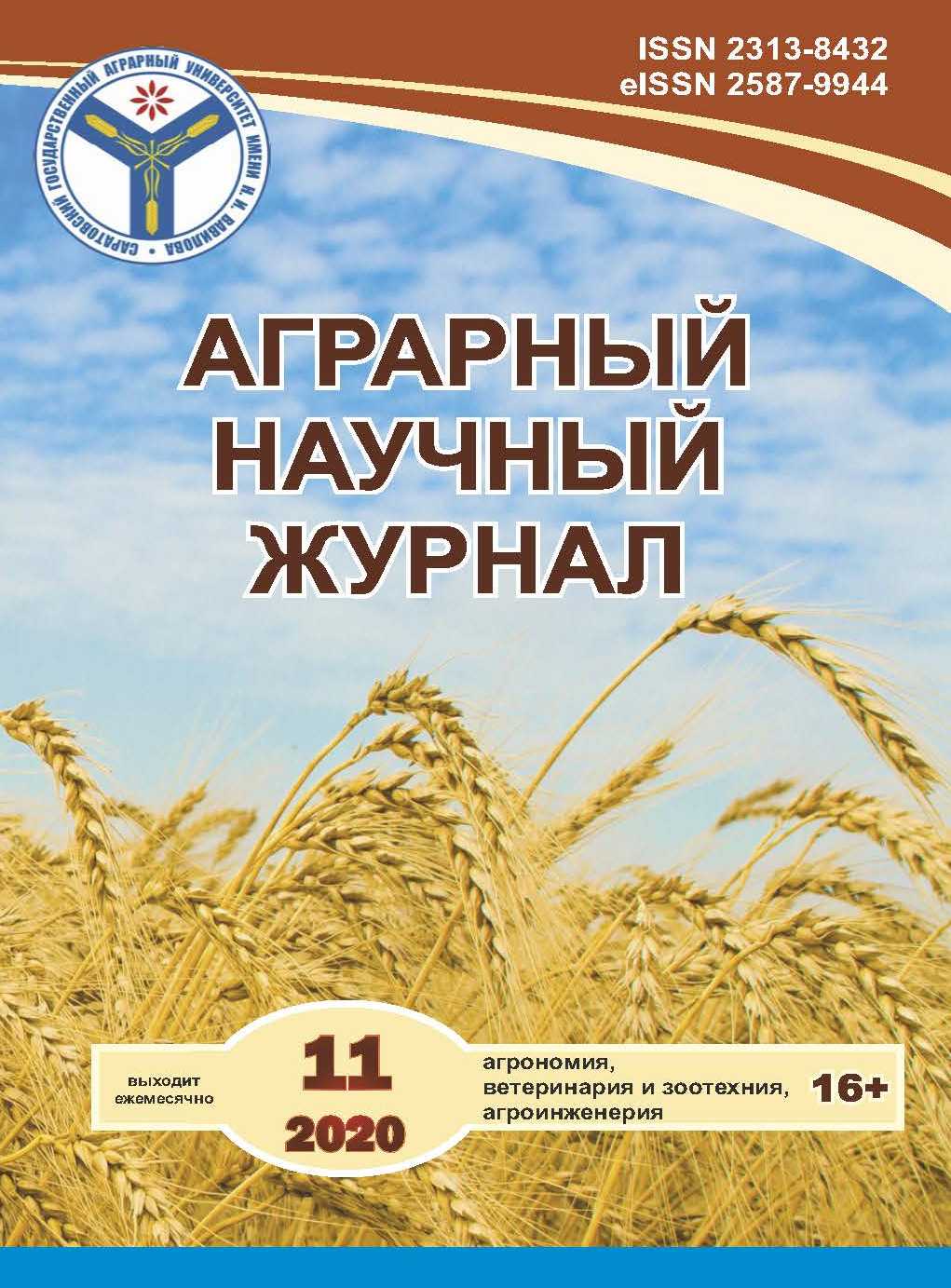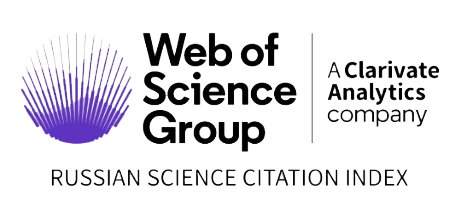Opportunities for the development of Russian crop production in the context of global challenges
DOI:
https://doi.org/10.28983/asj.y2020i11pp4-10Keywords:
global challenges, crop production, agriculture, Russia, semantic analysisAbstract
It is shown that in the context of global challenges, the economy is being reformatted in favor of vital industries, including the agri-food sector. The apparently prosperous state of Russian agriculture and, above all, crop production, which demonstrates long-term growth of production even against the background of slowing down the dynamics of the domestic economy, is by no means unconditional. The development of the industry takes place in conditions of limited reproduction, largely due to the exhaustion of natural, labor, material, technical and financial resources. Such a paradox is fraught with the collapse of crops and problems in ensuring national food security. However, Russian agriculture, which has learned to survive in a crisis situation, with an effective agricultural policy, is capable of more intensive development in the face of global cataclysms. These prospects are connected with the possibility of a sharp increase in the production of natural products in vast territories that have preserved relict shades of agriculture; with the introduction of once abandoned agricultural land into circulation. The conditions that need to be created for the implementation of global competitive advantages of crop production are shown. The semantic analysis of leading publications is carried out, which allows identifying trends in promising world research in agricultural Sciences.
Downloads
References
Абросимов А.С., Денисов Е.П., Солодовников А.П. Энергосберегающие технологии обработки почвы под чечевицу в Правобережье // Земледелие. – 2013. – № 7. – С. 38–40.
Гайсин Р.С. Эволюция технологических укладов в аграрной сфере экономики (записки к юбилею Тимирязевской академии) // Journal of corporate management and economics «Maneco». – 2016. – Вып. VII. – С. 13–24.
Индикаторы инновационной деятельности: 2019: стат. сборник / Л.М. Гохберг [и др.]; Нац. исслед. ун-т «Высшая школа экономики». – М.: НИУ ВШЭ, 2019. – 328 с.
Кирюшин В.И. Научно-инновационное обеспечение приоритетов развития сельского хозяйства // Достижения науки и техники АПК. – 2019. – № 3. – С. 5–10.
Корсаков К.В., Пронько В.В., Пронько Н.А., Белоголовцев В.П. Влияние гуминовых препаратов и хелатных форм удобрений на продуктивность столовой моркови в Саратовском Заволжье при орошении // Аграрный научный журнал. – 2019. – № 4. – С. 16–21.
Сычев В.Г., Шафран C.A. О балансе питательных веществ в земледелии России // Плодородие. – 2017. – № 1. –С. 1–4.
Шагайда Н.И., Узун В.Я. Тенденции развития и основные вызовы аграрного сектора России. – М.: Центр стратегических разработок, 2017. – 94 с.
Anokhina М., Golubev A., Kondrashina Olg. Cognitive Modeling in the Management of Economic Growth of the Agriculture in Russia // Journal of Environmental Management and Tourism, 2019, Vol. 10, No. 1, Р. 119–134.
Coase R. The New Institutional Economics // American Economiс Review, 1998, Vol. 88, No. 2, P. 73
Golubev A.V., Golubov I.I. Domestic Innovations in the Russian Quail Breeding // Jr of Adv Research & Control Systems, 2019, Vol. 11, 08-Special Issue, Р. 2063–2067.
Нirooka M. Innovation Dynamism and Economic Growth: a nonlinear perspective. Includes bibliographical references and index // Technological Innovations – Economic aspects, 1, 2006, 448 р.
Rogers Everett. Diffusion of Innovations. 5th Edition. Simon and Schuster, 2003, 576 р.
Downloads
Published
Issue
Section
License
Copyright (c) 2020 The Agrarian Scientific Journal

This work is licensed under a Creative Commons Attribution-NonCommercial 4.0 International License.








